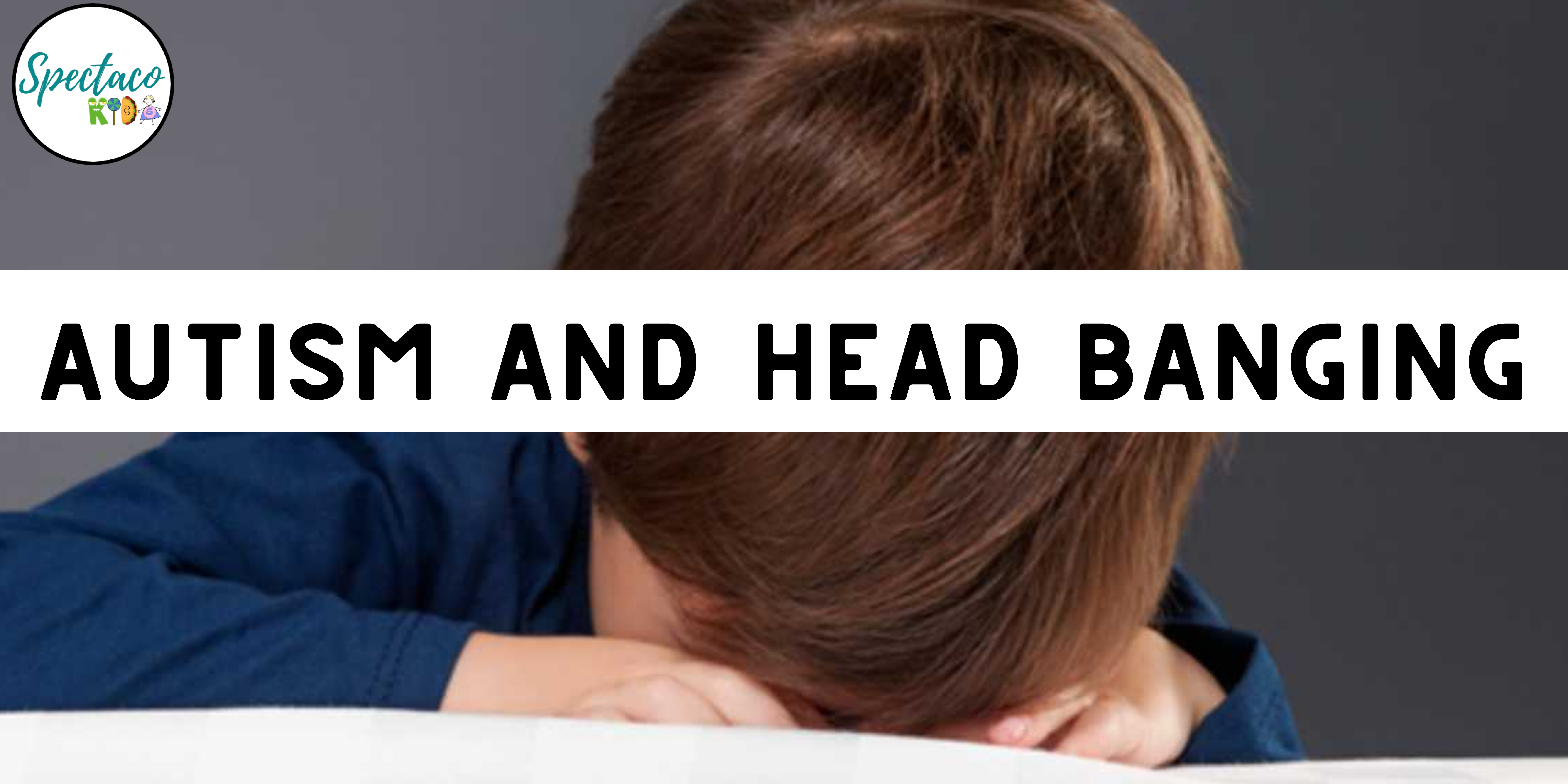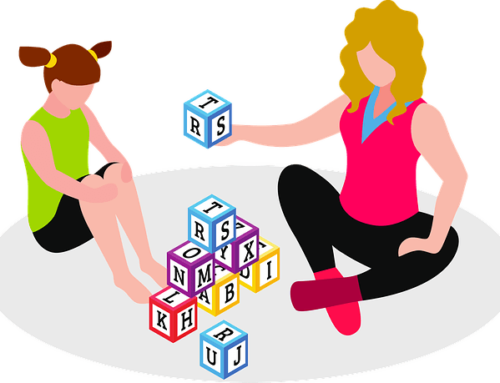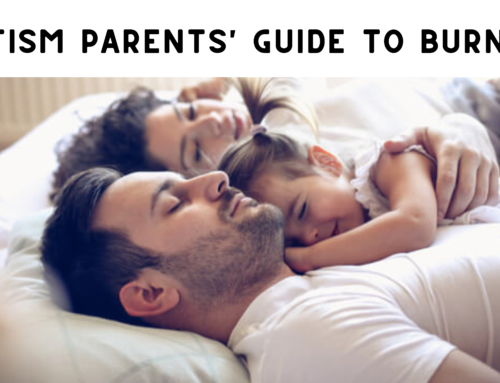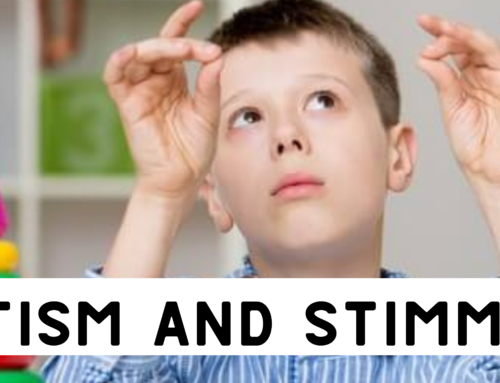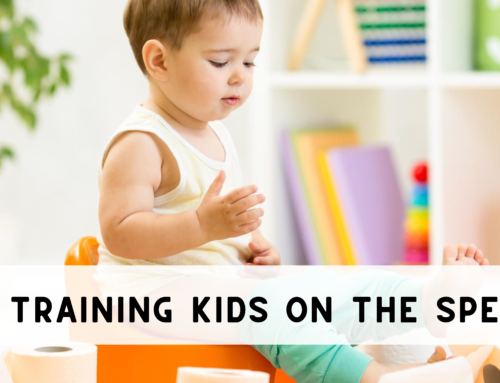Head banging is a common symptom of autism and whilst some children are rid of this before going to school, others may continue to have the “head banging syndrome” for years. Studies have shown that almost 30% of autistic children inflict self-harm and exhibit such behaviors like head banging and skin picking for example. Not only is this harmful for your child but also worrisome for parents and those around the concerned individual.
Can Head Banging Cause Brain Damage?
For parents with an autistic child, head banging can be a huge concern, since it is feared that this may cause brain damage. Children under 3 can rarely be severely affected in the long-term due to head banging. However, as they get older, the risk of incurring long-lasting damage. Children who are strong enough to cause injury should be shown to a specialist who can them suggest a behavioral treatment plan to mitigate such extreme harm-causing behaviors.
Why Do Children Bang Their Head?
There are 4 major reasons why children on the spectrum bang their head. These are identified as:
- Sensory Processing Issues
- Pain Relief
- Frustration
- Need For Attention
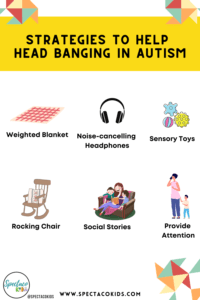
-
Sensory Processing Issues
Head banging is representative of sensory processing issues which origin from either a sensory deficit or a sensory overload. A child may begin banging their head when the nervous system is under-stimulated. For instance, there might be little or no sensory input from any of the sensory systems, therefore the child may start head banging to stimulate their vestibular system (which manages motion and balance of the sensory system) to make themselves feel better.
Alternatively, head banging may also be provoked by the nervous system when it is hypersensitive and overstimulated. Since their neurotransmitters are unable to process sensation around them, this helps to make them feel more comfortable. Since noise, visuals, smells, and taste can be overwhelming for autistic children, head banging is an outlet for them to decrease the stimulation and focus on the sensation around them.
Solution: Provide Sensory Alternatives
For children who may be under stimulated, parents can soothe them by using a:
- Weighted blanket
- Rocking/ bouncing chair
- Vibrating Pillow/ stuffed animals/ small massagers
For children who may be over stimulated, parents can soothe them by using:
- Noise-cancelling headphones
- Sensory toys to play with
- Low-lit monochromatic environment
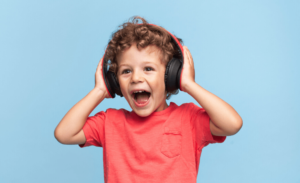
-
Pain Relief
Although it may seem a little odd, head banging is quite often a pain-relief method rather than the opposite. This is because it provides a distraction from the pain or discomfort. Additionally, research shows that self-injurious behavior increases the production/release of endorphins, which is why individuals experience an anaesthesia-like effect and so, the child does not feel pain while head banging.
Solution: Safeguard The Environment
To protect your child from harm, you can:
- Invest in a helmet
- Offer safe alternatives for them to crash their bodies (a pile of pillows)
- Add cushioned padding to areas where you find your child banging their head often
-
Frustration
When a child feels very strong emotions or experiences a tantrum, that is also a cause for head banging, since they cannot effectively communicate their feelings through words, they may do this by exhibiting certain physical actions. Developmental experts believe that the rhythmic motion observed in head banging is like that of the rocking in the mother’s uterus and later to that in the caregiver’s arms as an infant, hence, it brings comfort to the child.
Solution: Teach The Child Coping Strategies And Self- Regulation
To help children communicate their emotions, parents can try to:

- Count upto 10 or 20
- Teach them to take deep breaths when they feel heightened emotions
- Read social stories with them to talk about safety skills
-
Need For Attention
Sometimes head banging may be a way for your child to demand attention, especially if they are vary of the fact that this will guarantee them the attention they are looking for. Hence, they may do this repetitively whenever they require your attention so that you can rush over to them immediately.
Solution: Give Your Child The Required Attention, But Not When Head Banging
Do this by:
- Trying not to make a big deal out of the behavior as it could reinforce it
- Don’t scold or punish the child for head banging as your disapproval could worsen things
- Provide them with positive attention when the child is not banging their head
What More Can I Do To Protect My Child From Self-Harm?

Head banging can be quite horrific at times, for both the child and parents. In addition to some of the techniques mentioned above, it is worth giving resistance exercises a try and consulting your pediatrician.
Resistance exercises include chin-ups or lifting light weights. It is also essential to track when your child bangs their head and to what extent, to determine how much pain, they experience afterwards.
Your pediatrician should also be kept in the loop for best guidance on how to help your child. If things get worse, your pediatrician can refer you to other professionals and parent support groups for more help.
Overall, head banging can be quite troublesome and worrying. However, some strategies can instantly help your child whilst others are better equipped for long-term damage and behavior control.
